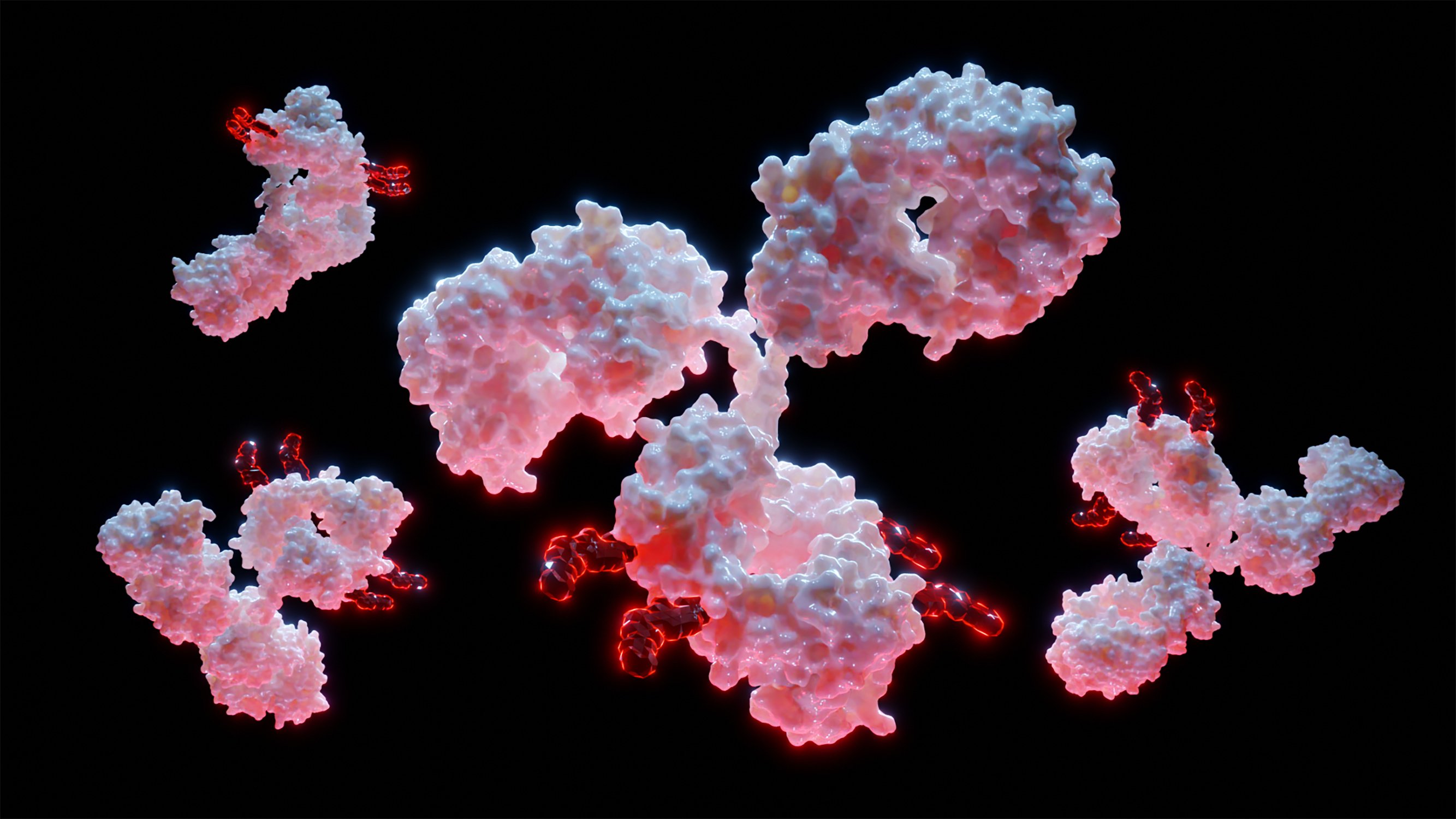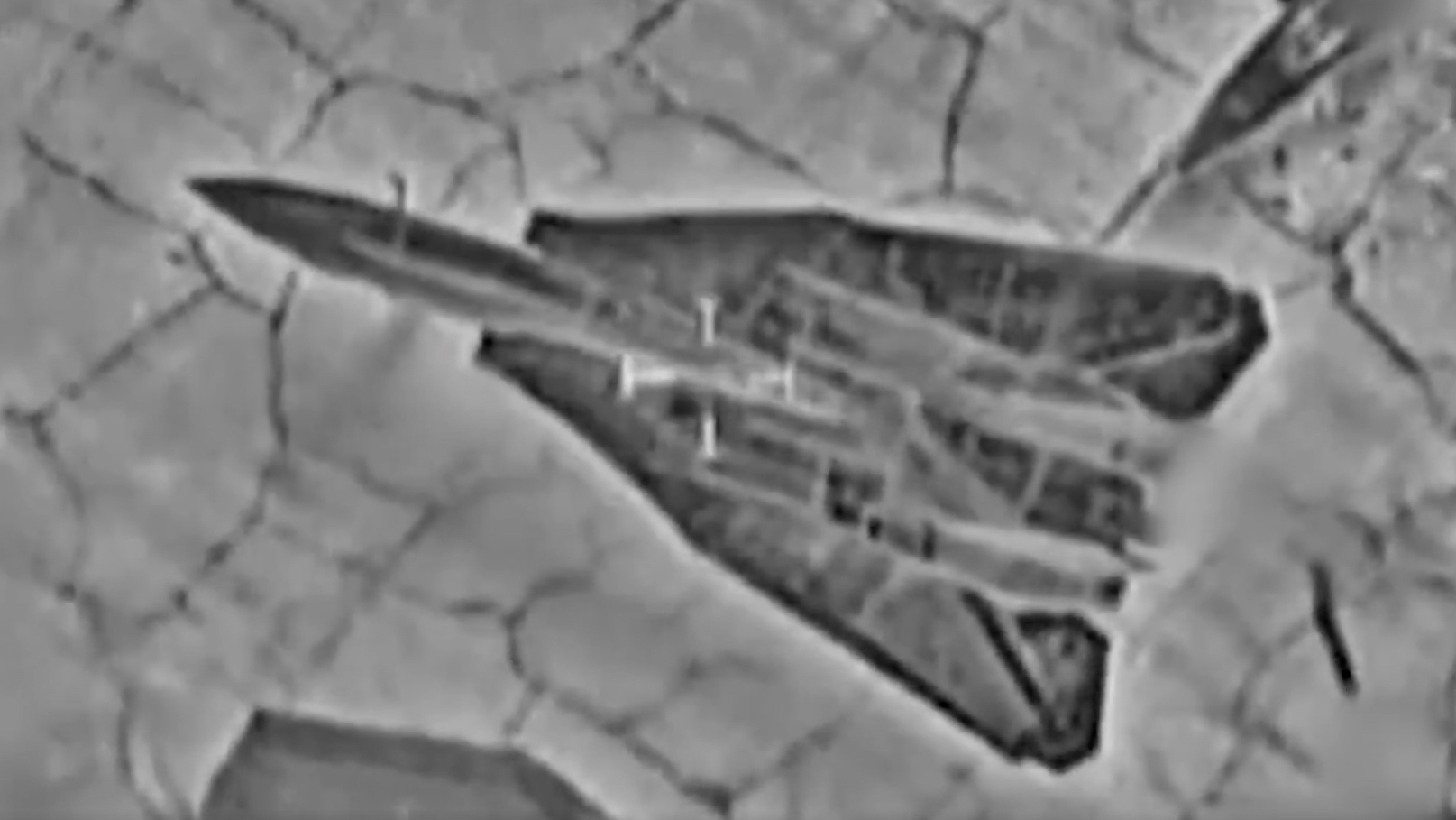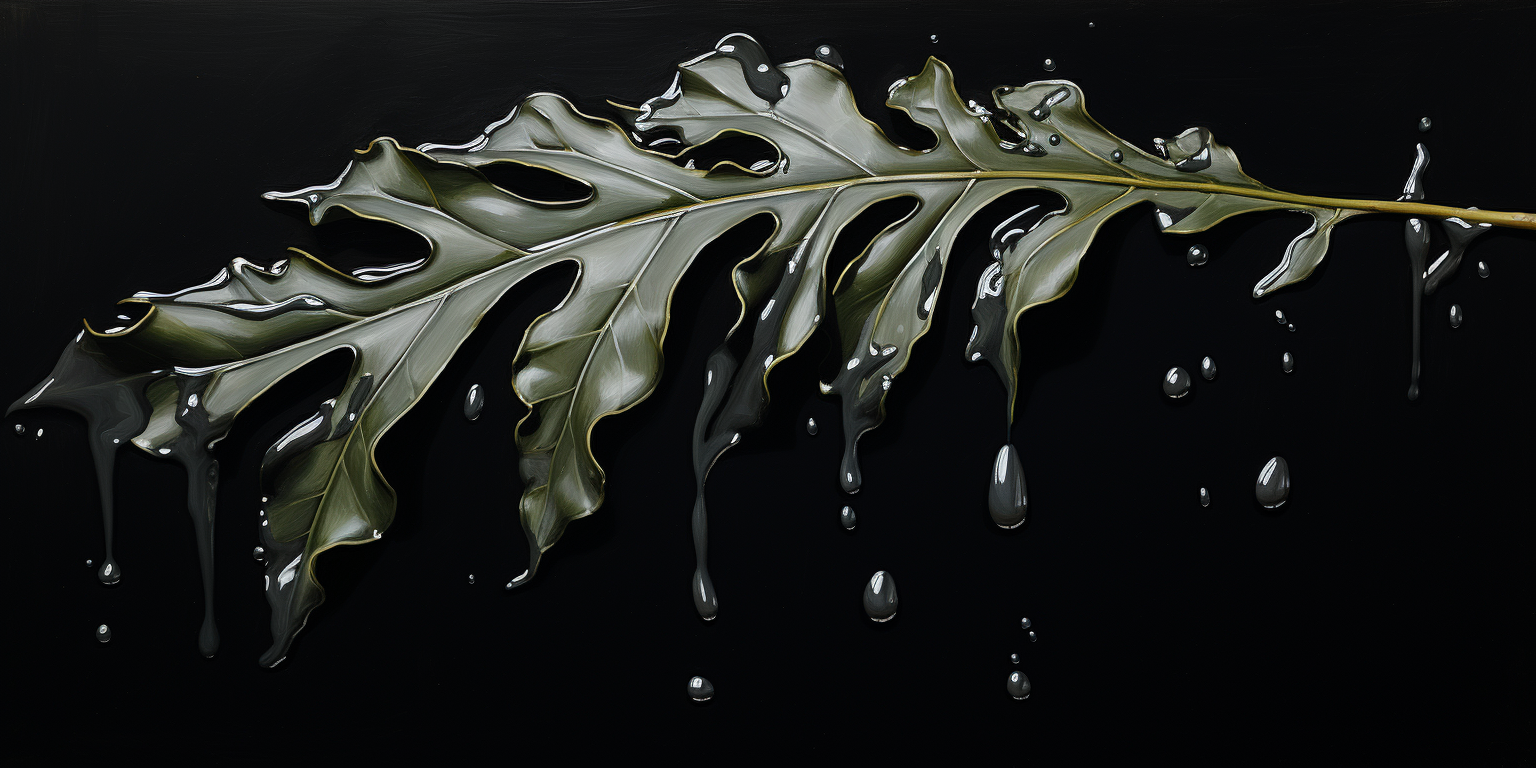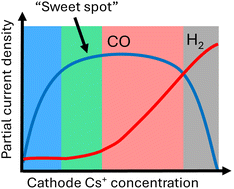This site uses cookies. By continuing to browse the site you are agreeing to our use of cookies.
All
Agriculture and Farming
Agriculture and Food News -- ScienceDaily
CropLife
Farming Today
Modern Farmer
National Sustainable Agriculture Coalition
The Tick Situation Is Getting Worse
Jun 16, 2025 0
Trump recula en dos tipos de redadas de inmig...
Jun 16, 2025 0
The Tick Situation Is Getting Worse
Jun 16, 2025 0
Trump recula en dos tipos de redadas de inmig...
Jun 16, 2025 0
¿Qué aceite de cocina debo utilizar?
Jun 15, 2025 0
Why Eight Mennonite Families Left Mexico for ...
Jun 15, 2025 0
All
Autoblog
Autocar RSS Feed
Automotive News Breaking News Feed
Automotive World
Autos
Electric Cars Report
Jalopnik
Automotive News | AM-online
Speedhunters
The Truth About Cars
Are you sitting comfortably? Robots simulate ...
Jun 17, 2025 0
Cadence accelerates SoC, 3D-IC and chiplet de...
Jun 16, 2025 0
Keysight, NTT, and NTT Innovative Devices ach...
Jun 16, 2025 0
70 Years of the Fiat 600: the iconic car take...
Jun 16, 2025 0
All
All Stories
All Stories
BioPharma Dive - Latest News
Breaking World Pharma News
Drugs.com - Clinical Trials
Drugs.com - FDA MedWatch Alerts
Drugs.com - New Drug Approvals
Drugs.com - Pharma Industry News
FDA Press Releases RSS Feed
Federal Register: Food and Drug Administration
News and press releases
Pharmaceuticals news FT.com
PharmaTimes World News
Stat
What's new
Improving T cell responses to vaccines
Jun 15, 2025 0
Fermenting legume pulses boosts their antidia...
Jun 15, 2025 0
Ultra-selective aptamers give viruses a taste...
Jun 15, 2025 0
All
Breaking DefenseFull RSS Feed – Breaking Defense
DefenceTalk
Defense One - All Content
Military Space News
NATO Latest News
The Aviationist
War is Boring
War on the Rocks
Participation by the NATO Secretary General i...
Jun 16, 2025 0
NATO participates in EU European Youth Event ...
Jun 16, 2025 0
Chair of the NATO Military Committee visits G...
Jun 13, 2025 0
NATO Secretary General in Stockholm, highligh...
Jun 13, 2025 0
All
Advanced Energy Materials
CleanTechnica
Energy | FT
Energy | The Guardian
EnergyTrend
Nature Energy
NYT > Energy & Environment
PV-Tech
RSC - Energy Environ. Sci. latest articles
Utility Dive - Latest News
Unveiling the Role of Single Atomic Ruthenium...
Jun 13, 2025 0
A Rechargeable Neutral Hybrid Zn‐Air/MnO2 Bat...
Jun 13, 2025 0
Boosted Na+ Diffusion and Rock‐Salt Surface F...
Jun 13, 2025 0
Chemical and Structural Degradation of Single...
Jun 13, 2025 0
- Contact
- LIVE TV
- Agriculture
- Automotive
- Beauty
-
Biopharma
- All
- All Stories
- All Stories
- BioPharma Dive - Latest News
- Breaking World Pharma News
- Drugs.com - Clinical Trials
- Drugs.com - FDA MedWatch Alerts
- Drugs.com - New Drug Approvals
- Drugs.com - Pharma Industry News
- FDA Press Releases RSS Feed
- Federal Register: Food and Drug Administration
- News and press releases
- Pharmaceuticals news FT.com
- PharmaTimes World News
- Stat
- What's new
- Defense
- Energy & Water
- Fashion
- Food & Beverage
- Healthcare
- Legal
- Manufacturing
- Luxury
- Medical Devices
- Mining
- Real Estate
- Retail
- Science Journals
- Transport & Logistics
- Travel & Hospitality





















































































![Israel drama and good news for the F-35: Paris Air Show Day 1 [Video]](https://breakingdefense.com/wp-content/uploads/sites/3/2025/06/IMG_1805-scaled-e1750092662883.jpg?#)
![[Updated] Sudden Deployment of Dozens of U.S. Air Force Tankers Raises Questions](https://theaviationist.com/wp-content/uploads/2025/03/Stratotanker100Years_2-e1750080240327.jpg)


























































